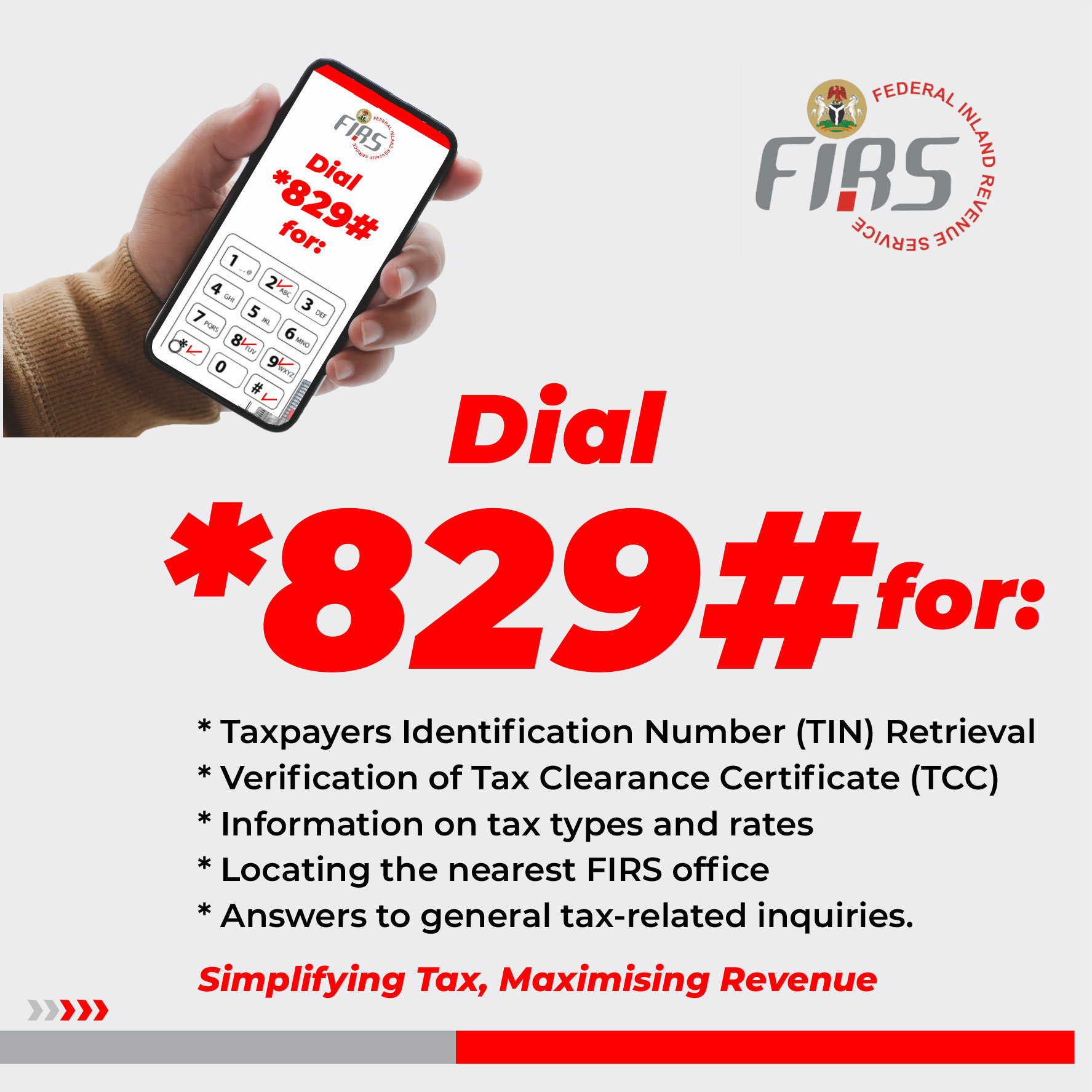17th May,2025
Tunde Olasupo
News desk
The Bureau of Public Procurement (BPP) has made a decision driven by economic realities by adjusting the procurement threshold of federal ministries and agencies of government. The statement released to the press by BPP on 15th May, 2025 to this effect reads, “In a decisive and forward-thinking move aligned with his Renewed Hope Agenda, President Bola Ahmed Tinubu, GCFR has approved a comprehensive review of public procurement thresholds for Ministries, Departments, and Agencies (MDAs) of the Federal Government. The approval follows the recommendations of the Bureau of Public Procurement (BPP) under the able leadership of its Director-General, Dr. Adebowale A. Adedokun FCIPS, CMILT, ACFE”.
The statement, as issued by Zira Zakka Nagga, BPP Head of Public Relations further states that the review of the procurement policy marks a significant stride towards improving budget implementation, streamlining procurement processes, and enhancing public service delivery efficiency in Nigeria’s evolving economic landscape.
The revised thresholds directly respond to rising inflation, shifting market dynamics, and the pressing need to reduce bureaucratic bottlenecks that impede timely contract awards and budget execution.
The statement says with the adjustments, more procurement responsibilities will now be delegated to Ministerial and Parastatal Tenders Boards and Accounting Officers, thus decongesting the Federal Executive Council (FEC) of routine procurement matters and allowing it to focus on broader national policy issues.
Under the new structure, only contracts valued at N5 billion and above for Goods and Consultancy Services and N10 billion and above for Works will require FEC approval. Projects below these thresholds will be processed at the Ministerial Tenders Board (MTB), Parastatal Tenders Board (PTB), and by the Accounting Officers based on their respective costs. These thresholds will however be subject to periodic reviews, either upward or downward, depending on prevailing economic realities to ensure the stability of procurement processes.
According to the statement, Mr. President approved new thresholds for procurement methods aimed at streamlining and enhancing the efficiency of the procurement process. Under the revised guidelines, International or National Competitive Bidding must procure goods valued at ₦1 billion and above and works valued at ₦5 billion and above. For smaller procurements, Requests for Quotations are permitted for goods and non-consultant services valued below ₦30 million and works valued below ₦50 million. In addition, the threshold for prequalification has been set at ₦500 million and above for goods and non-consultant services, and ₦1 billion and above for works.
“These reforms directly respond to the urgent need to facilitate the ease of doing business, promote economic growth, and foster employment through efficient and timely procurement practices. They also reflect Mr. President’s commitment to strengthening institutions, reducing wastage, and ensuring value for money in public expenditure”, the statement reads.
The Director-General of the BPP, Dr. Adebowale Adedokun, also reiterated the Bureau’s readiness to provide continuous clarification and technical guidance to all MDAS and stakeholders involved in procurement activities. He said, “The BPP remains open and accessible to all stakeholders seeking interpretation, clarification, or assistance in implementing these new thresholds. We aim to ensure that all public procurement is carried out per the principles of transparency, accountability, and value for money.”
The Director-General further clarified that the scope of application of the new revised thresholds shall apply to the Executive, Legislative and Judiciary Arms of Government, and the Defence and Intelligence Communities, as stipulated in the Finance Act, 2020, and that in line with the objective of the Bureau to harmonise existing government policies and practices on public procurement, these new revised thresholds shall supersede any other subsisting threshold issued by Federal Government. Also, the thresholds apply to other sources of funding including internally generated revenues (IGR), donations and gifts.
The Bureau will, in due course, issue relevant implementation guidelines for community-based procurement and affirmative/preferential procurements to cater for micro, small and medium enterprises, women and persons with disabilities to align with these new thresholds. The Bureau will also issue guidelines to address timelines for completion of procurement processes to ensure that the implementation of these new and enhanced thresholds is not impeded by dilatory conduct and bureaucratic red tapes.
Furthermore, with this revised thresholds, the Bureau shall issue modalities to expedite the implementation of Nigeria First/Local Content Policy of this Administration, which is designed to prioritise locally manufactured goods and services in all Government procurements to promote domestic production, support indigenous industries, and reduce dependence on foreign products.
In statement in addition reads, “The revision of the procurement thresholds as approved Mr. President, takes immediate effect and is expected to bolster the overall performance of Nigeria’s procurement ecosystem while enhancing the regulatory oversight of the BPP without unnecessary involvement in implementation processes.
With the approval of these revised thresholds, the Bureau is now positioned to focus on other critical regulatory functions such as post review, procurement audit, procurement surveillance, monitoring and evaluation and professionalization of the procurement cadre. Some of these activities will be done in collaboration with Sister Anti-Corruption Agencies that have presence in all the Geo-Political Zones to enhance effectiveness and efficiency.
Also, MDAs are now under obligation to submit monthly reports of their procurement activities including contracts awarded during the month on their website and the BPP’s website. These data will be made available to the highest approving authorities in the Executive, Legislative and Judiciary Arms for their consideration. The Bureau shall be working very closely with the Special Adviser to President on Policy and Coordination and Head of the Central Results Delivery Coordination Unit (CRDCU) drive this policy.
The Director-General of the BPP further emphasized that these revised thresholds place a higher degree of responsibility on Ministries, Departments and Agencies to be more accountable and transparent in their procurement processes and that those who decide to flout, abuse or frustrate the implementation of these revised thresholds will be recommended to Mr. President for administrative sanctions, as it will no longer be business as usual.
To this end, MDAs are expected to immediately allocate funds for the training of Procurement Officers and other Professionals involved in the procurement value chain to build their capacities and equip them to implement the 2025 Budget based on the new revised thresholds. It is instructive to state that going forward and in order to ensure that training curriculum align with the fundamental principles of the PPA, 2007 and other extant regulation, only BPP approved Individuals, Firms, Professional Associations and Centres of Excellence, would be allowed to conduct trainings on public procurement.
The DG expressed that It was instructive for MDAs to familiarise themselves with the BPP’s revised Standard Bidding Documents and Draft Conditions of Contract, as all procurements under the 2025 Budget and subsequent Budgets are to be executed strictly with these documents in accordance with extant regulations on Use of BPP approved Standard Bidding Documents and Conditions of Contract.
The Bureau is also set to invoke its power under Section 6(e) 2007 to debar contractors who participate in corrupt or fraudulent acts to obtain contracts or who frustrate or delay project implementation.
The Bureau shall collaborate with the Office of the Head of Civil Service of the Federation (OHCSF) to guide the conduct of Procurement Officers in the implementation of these revised thresholds and prescribe appropriate sanctions for those who deliberately delay implementation.
In addition, the Office of the Secretary to the Government of the Federation (OSGF) shall issue the appropriate Service-Wide Procurement Circular in accordance with standard protocol of circulating information in the Service. The Circular shall include the modalities to facilitate the implementation of the newly revised thresholds.



